Between Myth And Reality: Asteroids In Maasai Legends
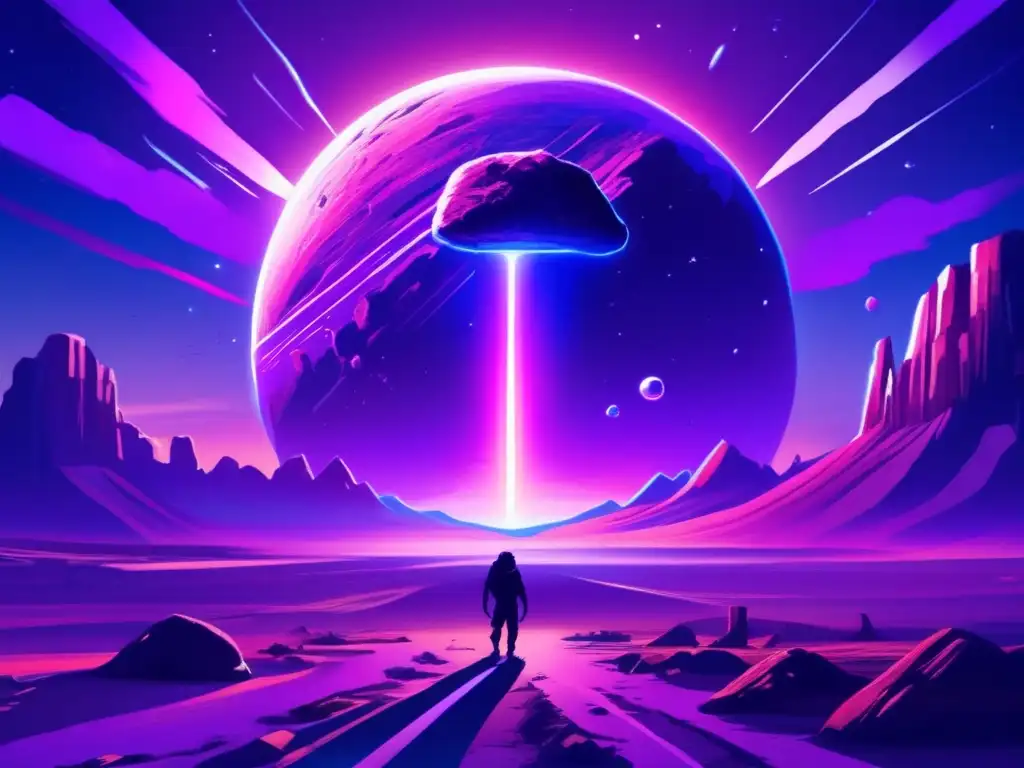
Introduction
Asteroids have captivated human imagination for millennia, inspiring myths and legends that offer glimpses into the cultural and spiritual significance of these celestial objects. From ancient civilizations to modern science, asteroids have played a pivotal role in shaping our understanding of the universe and our place in it. The Maasai people, a semi-nomadic ethnic group in East Africa, have a rich and varied mythology that incorporates asteroids as part of their cosmology. In this article, we will explore the role and symbolism of asteroids in Maasai legends, shedding light on their cultural significance and meaning.
The Creation Myth
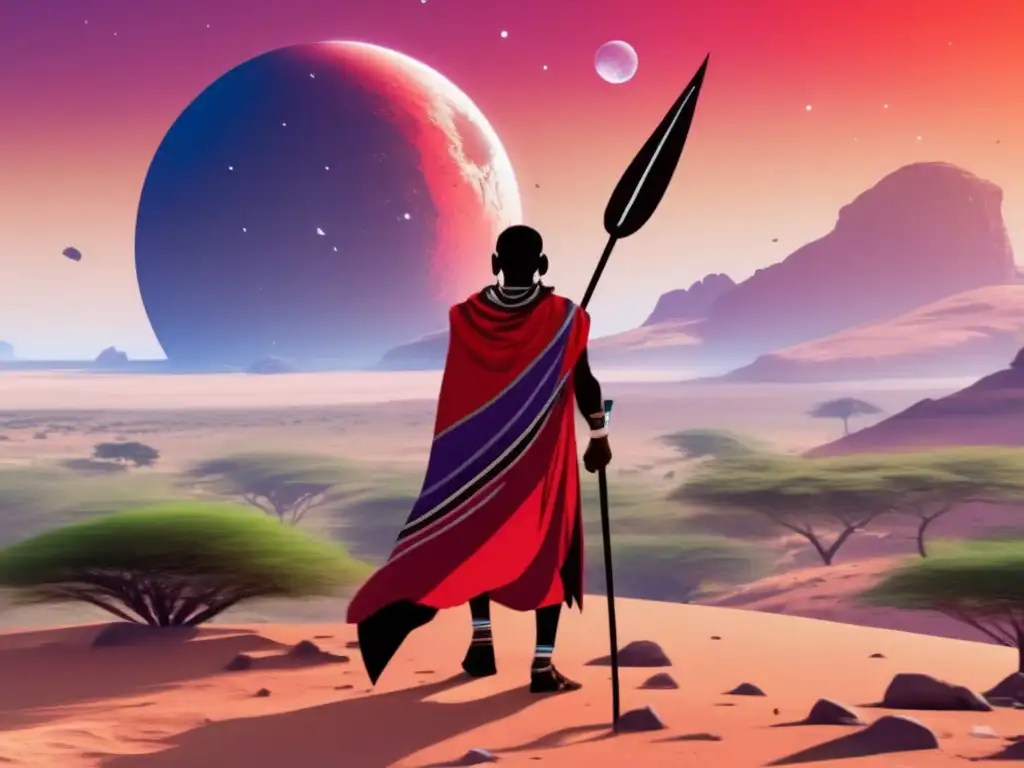
The Legend of Enkai and Ormaita
In Maasai mythology, Enkai is the god of creation and the supreme deity who governs the natural world. According to tradition, Enkai created two divinities, Ormaita and Engai Narok, who were tasked with the responsibility of designing the universe according to Enkai's instructions. Ormaita created the stars and planets, including the asteroids, which were seen as messengers of the gods and harbingers of destiny.
The Significance of Asteroids
For the Maasai people, asteroids represented a link between the physical and spiritual realms, connecting humanity with the divine forces that govern the universe. They believed that each asteroid had a specific purpose and meaning, which could be interpreted by the wise men and women of the tribe. Some asteroids were seen as omens of good fortune or bad luck, while others were associated with particular events or seasons. The Maasai also believed that the movements of the asteroids influenced the destinies of individuals and communities, shaping their fates and fortunes.
The Rituals of Asteroids
To honor the gods who created the universe, the Maasai performed elaborate rituals that involved the use of asteroids. The most significant of these was the Eunoto ceremony, a coming-of-age rite for young warriors that involved the sacrifice of a bull and the drinking of its blood. During the ceremony, the warriors would also be given a piece of iron ore, which was believed to have fallen from the sky in the form of an asteroid. This iron ore was considered to be a symbol of strength and resilience, and the warriors would carry it with them as a talisman throughout their lives.
The Role of Asteroids in Maasai Culture
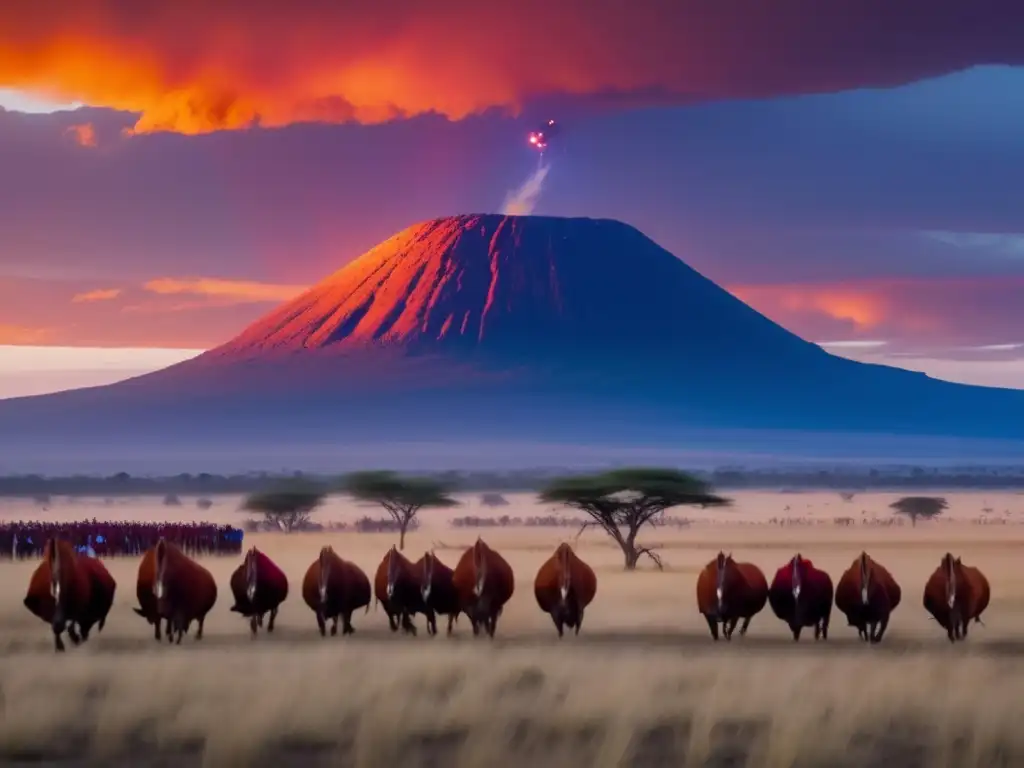
Asteroids were not only revered for their spiritual significance but also played a practical role in Maasai culture. The Maasai relied on the movements of the stars and planets, including the asteroids, to navigate their way across the vast savannas of East Africa. They used the positions of the stars to determine the time of day and to navigate by night, allowing them to travel long distances and maintain their nomadic lifestyle.
Agriculture and Weather Patterns
Asteroids were also associated with agricultural practices and weather patterns. The Maasai believed that the arrival of certain asteroids heralded the arrival of the rainy season, signaling the time to plant crops and prepare the land for harvest. Other asteroids were seen as indicators of drought or famine, warning the community to prepare for lean times ahead. The Maasai developed intricate systems of knowledge and observation that allowed them to interpret the movements of the asteroids and adjust their agricultural practices accordingly.
The Legacy of Maasai Astronomy
The Maasai's sophisticated understanding of astronomy and their intimate relationship with the natural world have had a lasting impact on modern science and culture. Today, astronomers continue to study asteroids, seeking to unlock the secrets of the universe and understand the forces that shape our world. The Maasai, meanwhile, remain one of the few societies that have preserved their traditional knowledge and practices, providing a unique window into the ancient wisdom of humanity.
Frequently Asked Questions
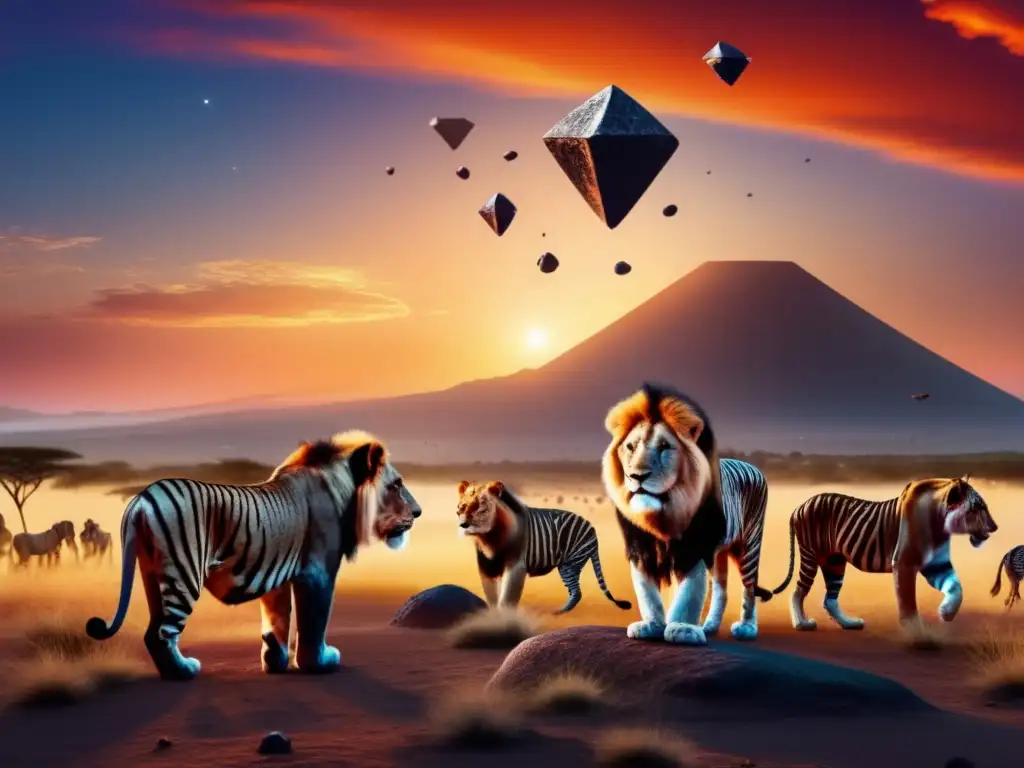
-
Did the Maasai worship asteroids as gods?
No, the Maasai did not worship asteroids as gods. Instead, they saw them as messengers and symbols of the divine forces that govern the universe.
-
What was the significance of the Eunoto ceremony?
The Eunoto ceremony was a coming-of-age rite for young Maasai warriors, during which they were given a piece of iron ore that was believed to have fallen from the sky in the form of an asteroid. This iron ore was seen as a symbol of strength and resilience.
-
Did the Maasai use the positions of the stars and asteroids for navigation?
Yes, the Maasai relied on the movements of the stars and planets, including the asteroids, to navigate their way across the savannas of East Africa.
-
What is the legacy of Maasai astronomy?
The Maasai's sophisticated understanding of astronomy and their intimate relationship with the natural world have had a lasting impact on modern science and culture, providing a unique window into the ancient wisdom of humanity.
-
Do the Maasai still practice their traditional knowledge and rituals related to asteroids?
Yes, the Maasai continue to preserve their traditional knowledge and practices, including those related to asteroids. However, these practices are becoming increasingly threatened due to economic, social, and environmental pressures.
Conclusion
The Maasai's mythology and traditions offer a fascinating glimpse into the cultural and spiritual significance of asteroids, revealing the profound way in which these celestial objects have shaped human imagination and understanding. From the rituals of the Eunoto ceremony to the navigation practices of the savanna, the Maasai's intimate relationship with asteroids highlights the interconnectedness of all things and the enduring power of ancient wisdom. As we continue to explore the mysteries of the universe, we can draw inspiration from the Maasai's deep connection to the natural world and their reverence for the celestial forces that govern it.
We hope this article has provided valuable insights into the role and symbolism of asteroids in Maasai legends. We encourage readers to share their thoughts and experiences in the comments section, and to actively engage with www.asteroidrealm.com by subscribing, sharing, and participating in our community.
Additional Resources
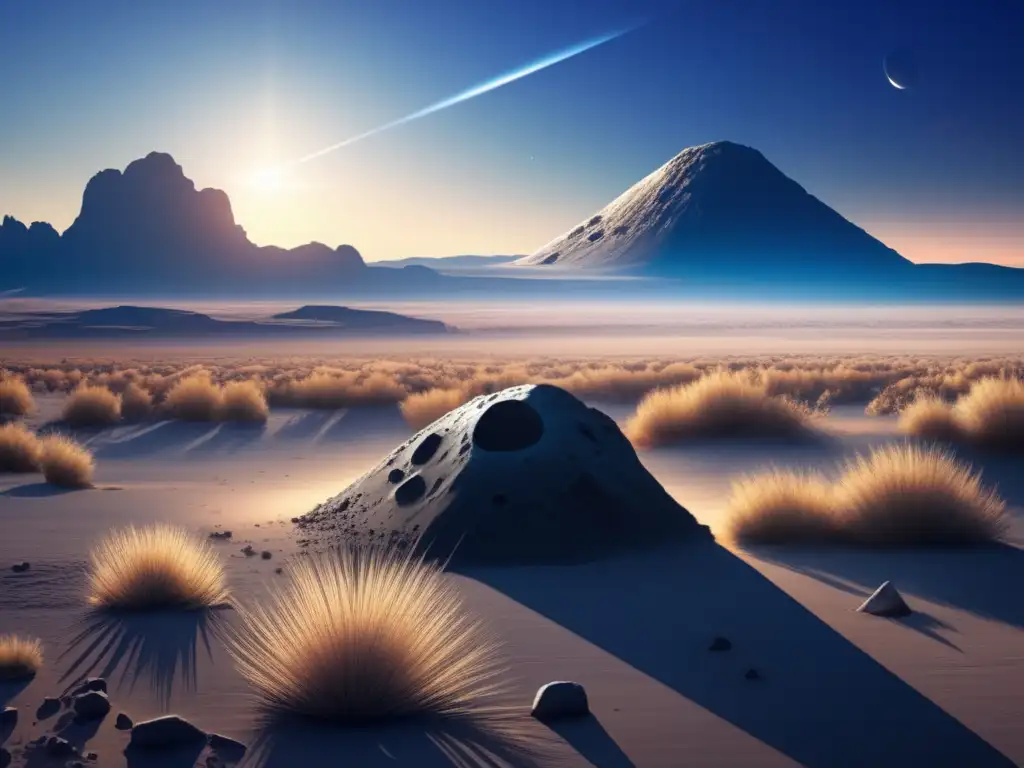
For those interested in delving deeper into the topic of asteroids in Maasai mythology and culture, we recommend the following resources:
- Asteroids in Maasai Cosmology, by Katherine Gough
- Asteroids in African Culture, by Frances Berdan
- The Maasai and Asteroid Mining: Faith, Ethics, and Entrepreneurship in the Anthropocene, by Jameson Wetmore
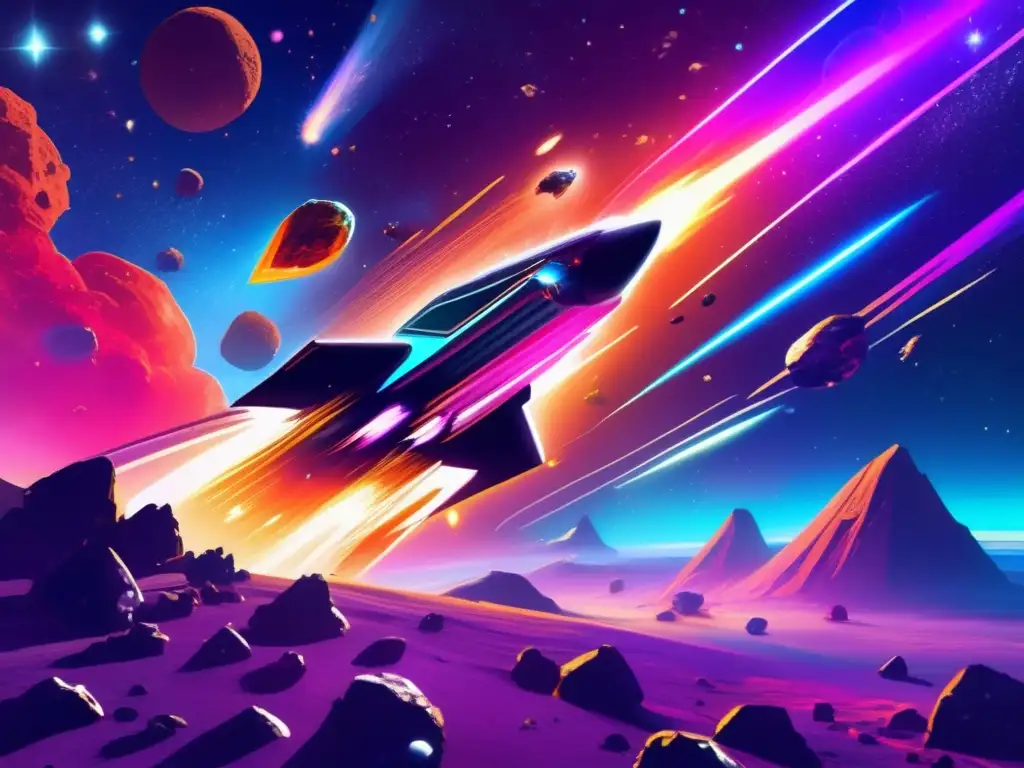 The Stone Gods: Asteroids In Ancient Thai Myths
The Stone Gods: Asteroids In Ancient Thai Myths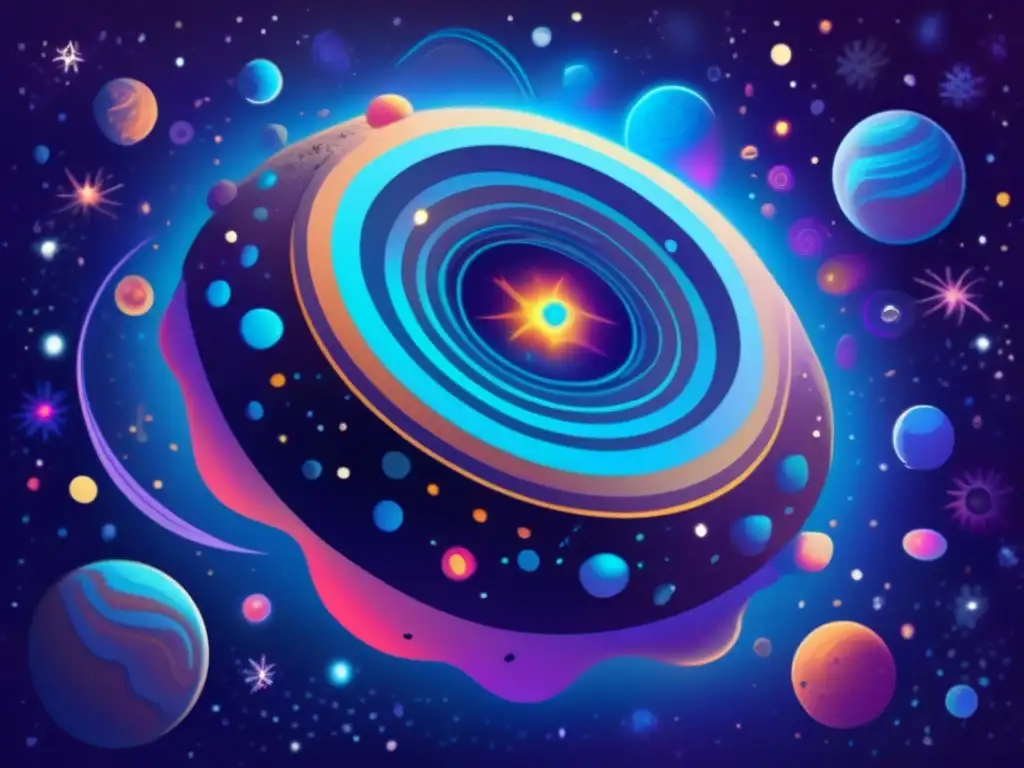 Asteroids And Dreamtime: An Insight Into Aboriginal Mythology
Asteroids And Dreamtime: An Insight Into Aboriginal Mythology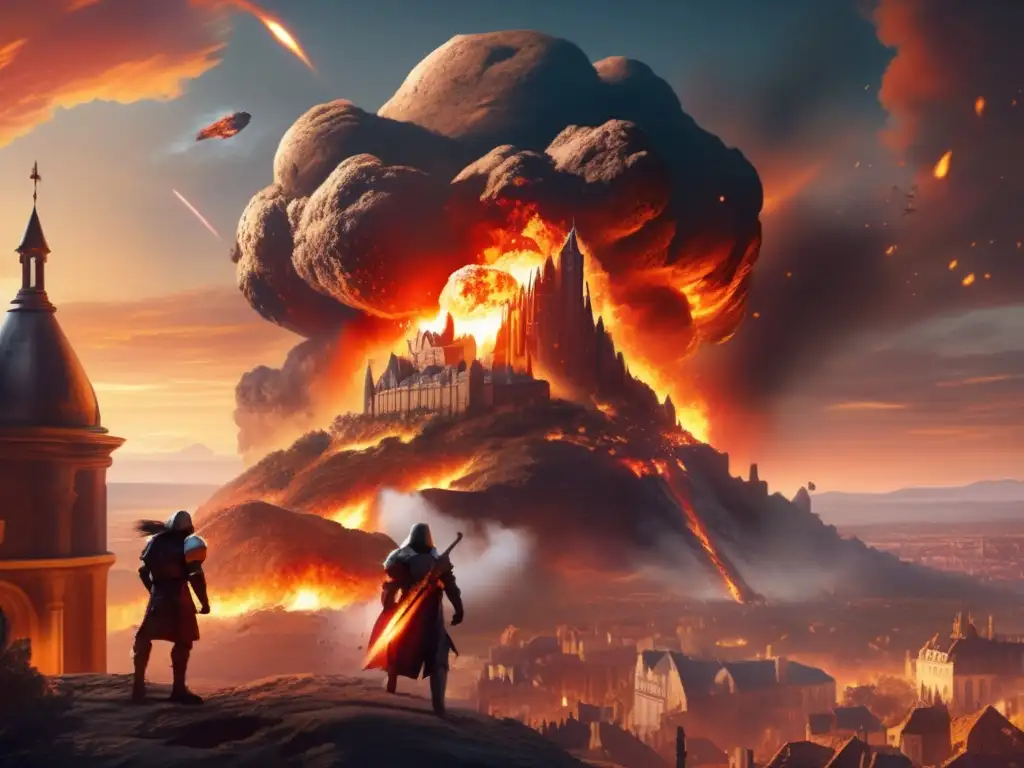 Heavenly Fires: Asteroids In Medieval European Legends
Heavenly Fires: Asteroids In Medieval European LegendsIf you want to discover more articles similar to Between Myth And Reality: Asteroids In Maasai Legends, you can visit the Asteroid Mythology category.
Leave a Reply

Articulos relacionados: